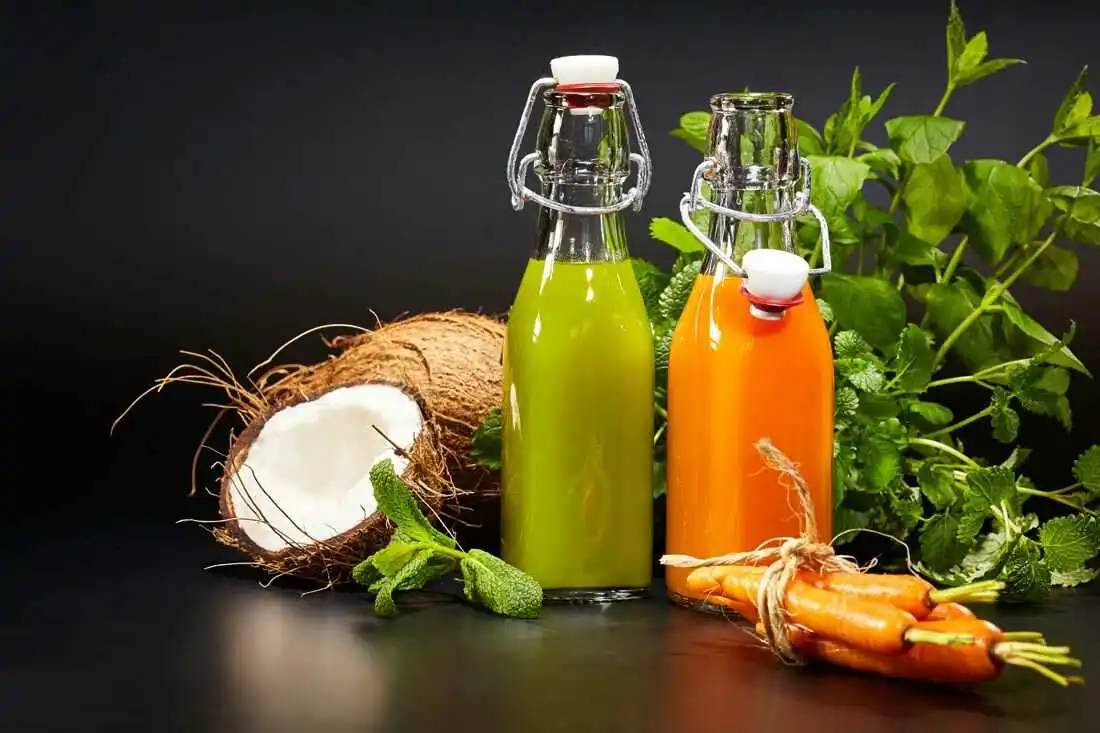As people pay more attention to food safety and health, the food and beverage industry also requires higher standards for water quality. Water is an essential raw material in food and beverage production, and its quality directly affects the quality of products and the health of consumers. Therefore, the food and beverage industry must adhere to a series of standards and regulations in water treatment to ensure the safety and suitability of water quality during the production process. This article will explore the standards that the food and beverage industry needs to follow in water treatment.

First, the food and beverage industry needs to adhere to national water quality standards. The “Drinking Water Health Standards” in China is an important reference for the industry’s use of water quality, which specifies the requirements for various indicators of drinking water, such as total bacteria count, heavy metal content, residual chlorine concentration, etc. When choosing water sources for production, companies must ensure that they meet these standards to ensure that the product water quality meets safety requirements.
Secondly, the food and beverage industry needs to follow standards for water treatment in the production process. During production, companies often carry out secondary treatment of water sources to ensure that water quality meets production requirements. At this time, it is necessary to follow the relevant water treatment standards, such as using appropriate filters and sterilization equipment to ensure water cleanliness and safety. Furthermore, regular monitoring and testing of water quality are required to ensure stable water quality.

In addition, the food and beverage industry needs to comply with the requirements of food safety management systems. Food safety management system standards such as ISO22000 are widely recognized quality management system standards in the food industry, which also include requirements for water quality management. Companies should establish and implement appropriate water treatment management systems, establish comprehensive risk assessment and control measures to ensure that water quality meets requirements and achieves safety and traceability in production.
Lastly, the food and beverage industry should also follow relevant regulations and standards related to food production. In China, food production is regulated by laws such as the “Food Safety Law,” which also includes provisions on the quality and safety of water used in production. Companies should timely understand and comply with relevant regulations and standards to ensure that water quality meets legal requirements, avoiding product quality issues caused by water quality problems that may affect the company’s image and market competitiveness.
In summary, the food and beverage industry must follow a series of standards and regulations in water treatment to ensure the quality and safety of production water. Companies need to strengthen the management and supervision of water quality, strictly implement relevant water treatment standards and regulations, ensure the quality and safety of products, and improve consumer trust and satisfaction. It is hoped that companies in the industry will pay attention to water quality management, comprehensively improve product quality, and provide safer and healthier food and beverage products to consumers.
